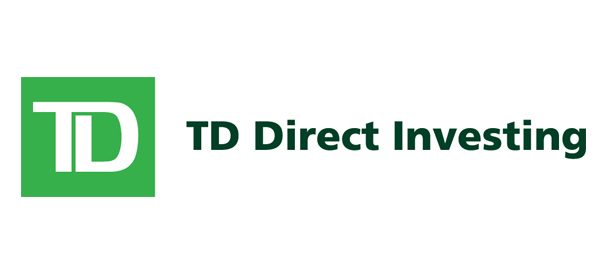This episode of the More Money Podcast is sponsored by TD Direct Investing, a division of TD Waterhouse Canada Inc., a subsidiary of The Toronto-Dominion Bank. Learn more about TD Direct Investing’s new investment planning tool GoalAssist by reading my blog post and watching my full video tutorial all about it.
It’s been a few years since I first had Erin Lowry on the show to talk about her first book Broke Millennial (that’s episode 109 if you want to listen), and she’s back with a brand new book called Broke Millennial Takes on Investing! She’s still on her book tour, but we recently teamed up to co-organize our Level Up Your Money Toronto event last week, and while she was in town I got to do an in-person interview for this episode of the podcast.
Since her new book is about investing, but specifically a guide for beginner/millennial investors, that’s what we talk about in-depth in this episode. As we shared, we often get asked for investment book recommendations, and there isn’t a whole lot out there as a good starter book. You can find some of mine on my recommendations page, but still many of those books can seem too advanced and thus do more harm than good.
Investing shouldn’t feel intimidating or scary, and the only way to feel more comfortable with investing is to educate yourself. It took me several years to feel confident even having certain guests on the show because I was afraid I’d say something wrong or use the wrong term. Here’s the thing, investing is simple. But it can also be as complex as you want it to be. The key thing is to start by learning the foundations, then continue to educate yourself by learning more advanced topics in investing. And as a little self-promo, that’s literally why I created my Investing Foundations for Canadians course. It’s the perfect place to start to build that foundation and grow from there.
Fiduciaries in Canada
This was a topic we touched on and there’s so much confusion about fiduciary duty in Canada. If you pick up any American investing book, it’ll tell you to make sure you work with a fiduciary to get unbiased advice. In Canada, we don’t have the same regulations. Here are some articles that go more in-depth:
- Are You a Fiduciary – Wealth Professional Canada
- What Is a Fiduciary Standard? – PWL Capital
- Fiduciary Duties and Financial Advisors
Different Ways to Invest in Canada
Another thing that’s important to make clear is although there are a lot of similarities between Canada and the U.S. in terms of investing, there are some differences too. In Canada, there are three different ways to invest: work with an advisor through an investment firm or financial institution, use a robo-advisor, or go self-directed (DIY) using a discount brokerage.
The biggest difference between Canada and the U.S. is of course the different regulations of our advisors, but also how our robo-advisors work. For all robo-advisors in Canada, there is always an investment professional behind the scenes. It’s not just an algorithm, there are people monitoring portfolios, rebalancing, and giving advice to clients.
Investment Protection in Canada
Erin mentioned in the episode that if you are American and have investments with a robo-advisor or discount brokerage and that institution becomes insolvent, your investments will be protected under Securities Investor Protection Corporation (SIPC) if it’s a member. Check out their website for more details. I mentioned that I wasn’t sure if we had an equivalent in Canada, but we do! It’s called the Canadian Investor Protection Fund (CIPF) and provides investor protection if you use a robo-advisor or discount brokerage that is a member of CIPF. You can learn more here.
Check Out Erin’s Course
Check out Erin’s Beginner’s Guide to Investing course with CreativeLive.
Grab Copies of Erin’s Books
Follow Erin Lowry
- BrokeMillennial.com
- Twitter: @BrokeMillennial
- Instagram: @BrokeMillennial
- Facebook: Broke Millennial
- YouTube: Broke Millennial’s 3-Minute Guide


+ show Comments
- Hide Comments
add a comment